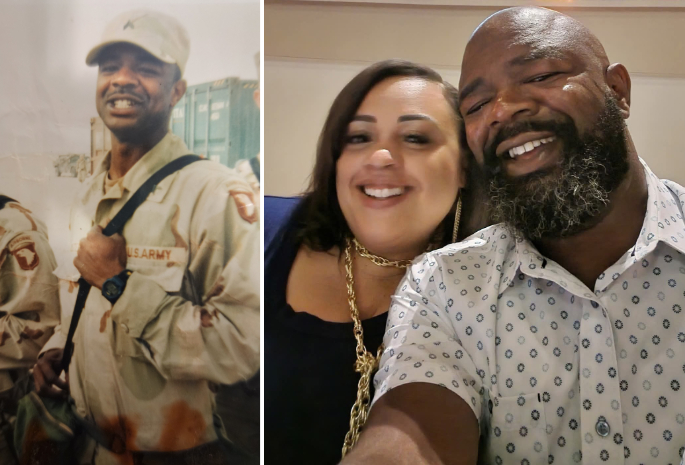Many veterans and service members have survived traumatic situations, and experiencing trauma may have significant implications for mental health. An estimated 1 in 3 warriors struggles with invisible wounds, such as posttraumatic stress disorder (PTSD), traumatic brain injury (TBI), anxiety, and depression, brought on by what they experienced during service. However, evidence-based treatment has proven to be successful in healing these invisible wounds.
Many warriors face challenges in accessing mental health care. Issues such as stigma, unreliable transportation, inconsistent appointments, and insufficient care in rural communities are barriers to warriors receiving the mental health care services they deserve. Because of these issues, it is critical for organizations caring for veterans to identify non-traditional methods for delivering effective, high-quality care.
To increase access to quality care, Veteran Affairs and the Department of Defense have been working to develop a home-based treatment program for warriors. Emory Healthcare Veterans Program Deputy Director Dr. Sheila Rauch was part of a team of investigators examining evidence-based PTSD treatment provided in three different ways: in-person at home, home-based telehealth, and office-based.
The study found that providers can effectively deliver Prolonged Exposure, an evidence-based PTSD treatment, through all three modalities. Participants in the study experienced clinically significant improvement that was maintained six months after treatment was completed. Notably, there were no differences in effectiveness between the treatment formats.
“PTSD is a disorder of avoidance. Any hurdle to receiving care could be a reason someone seeking help will go back to avoiding, so we are working to reduce barriers to care. There is no wrong door, we want to assist everyone who comes in looking to treat their PTSD, and we want to do it as soon and as quickly as possible,” said Dr. Rauch.
Developing a telehealth treatment program that will allow specialized providers to deliver care to those in need is an important step in reaching warriors who are struggling with invisible wounds.
To learn more about Emory Healthcare Veterans Program, visit emoryhealthcare.org/veterans.




